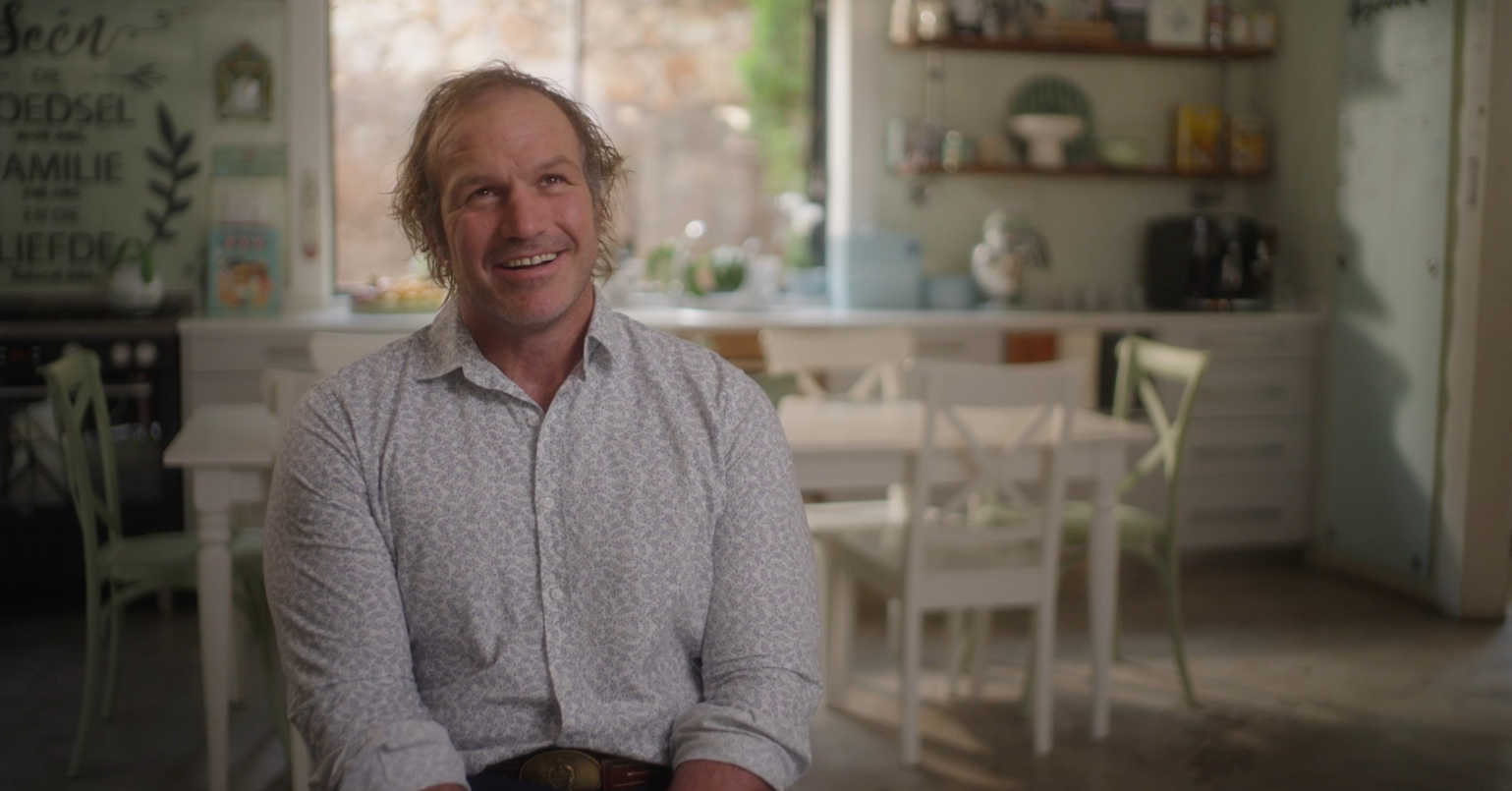
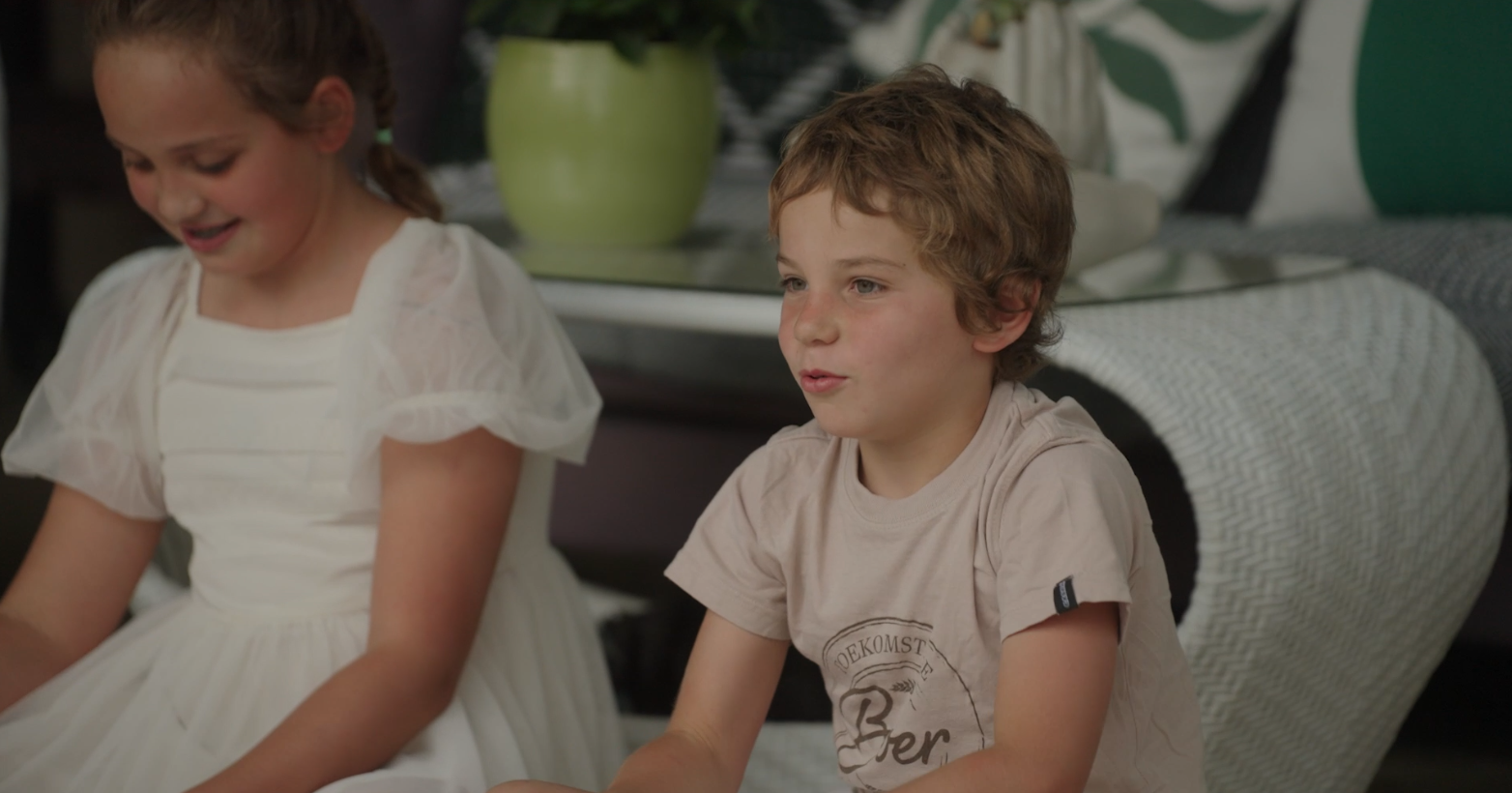
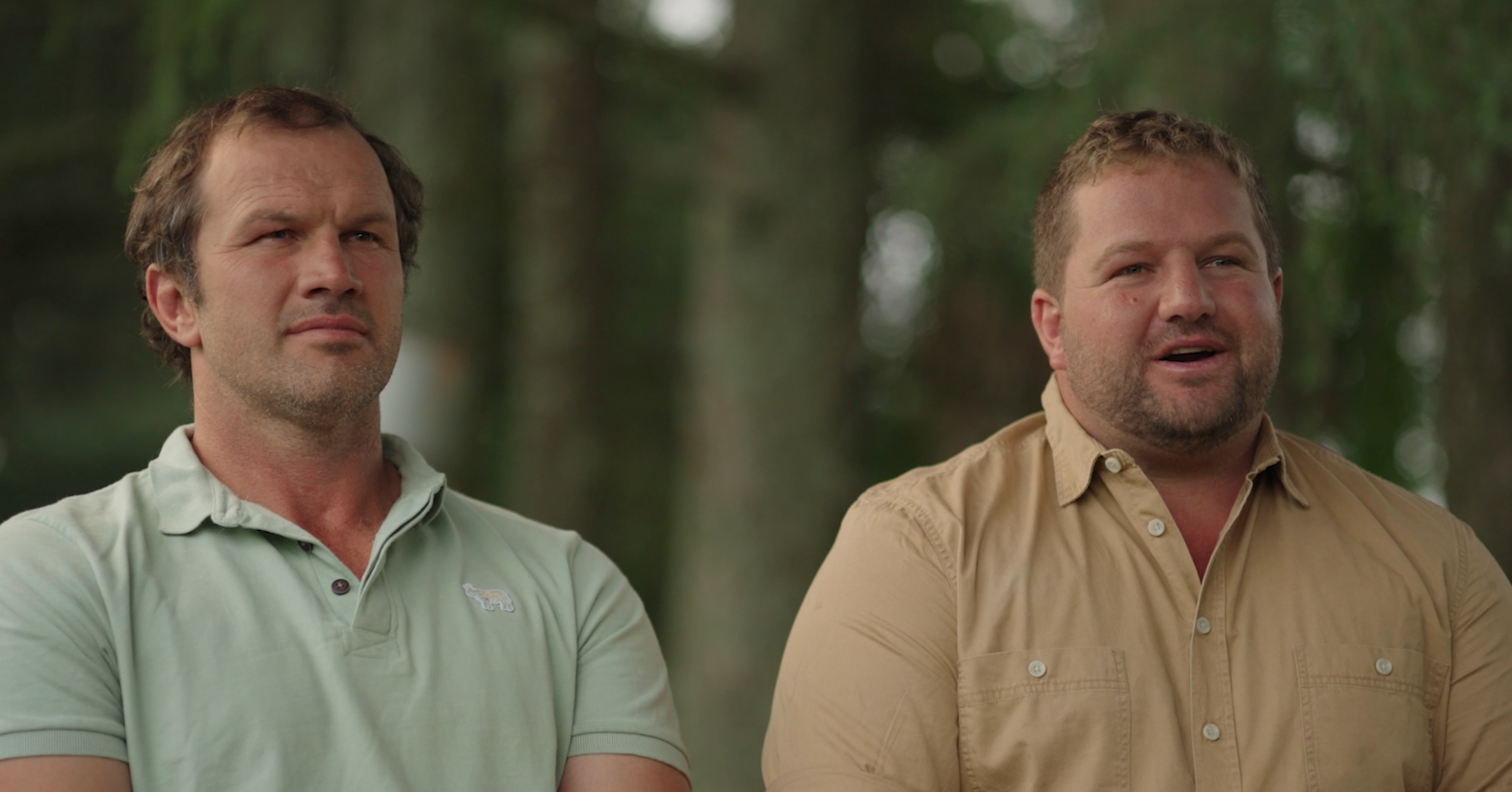
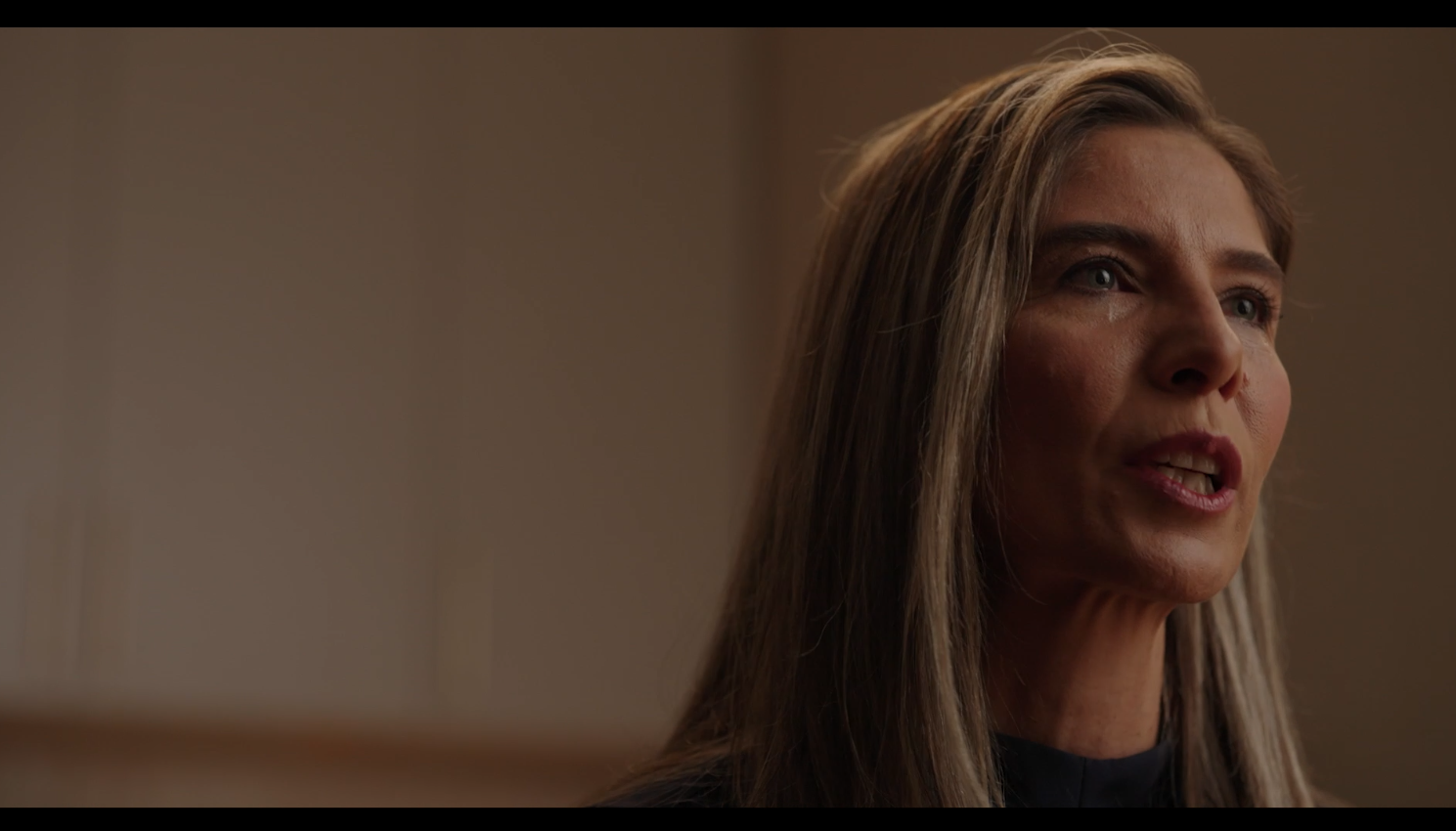
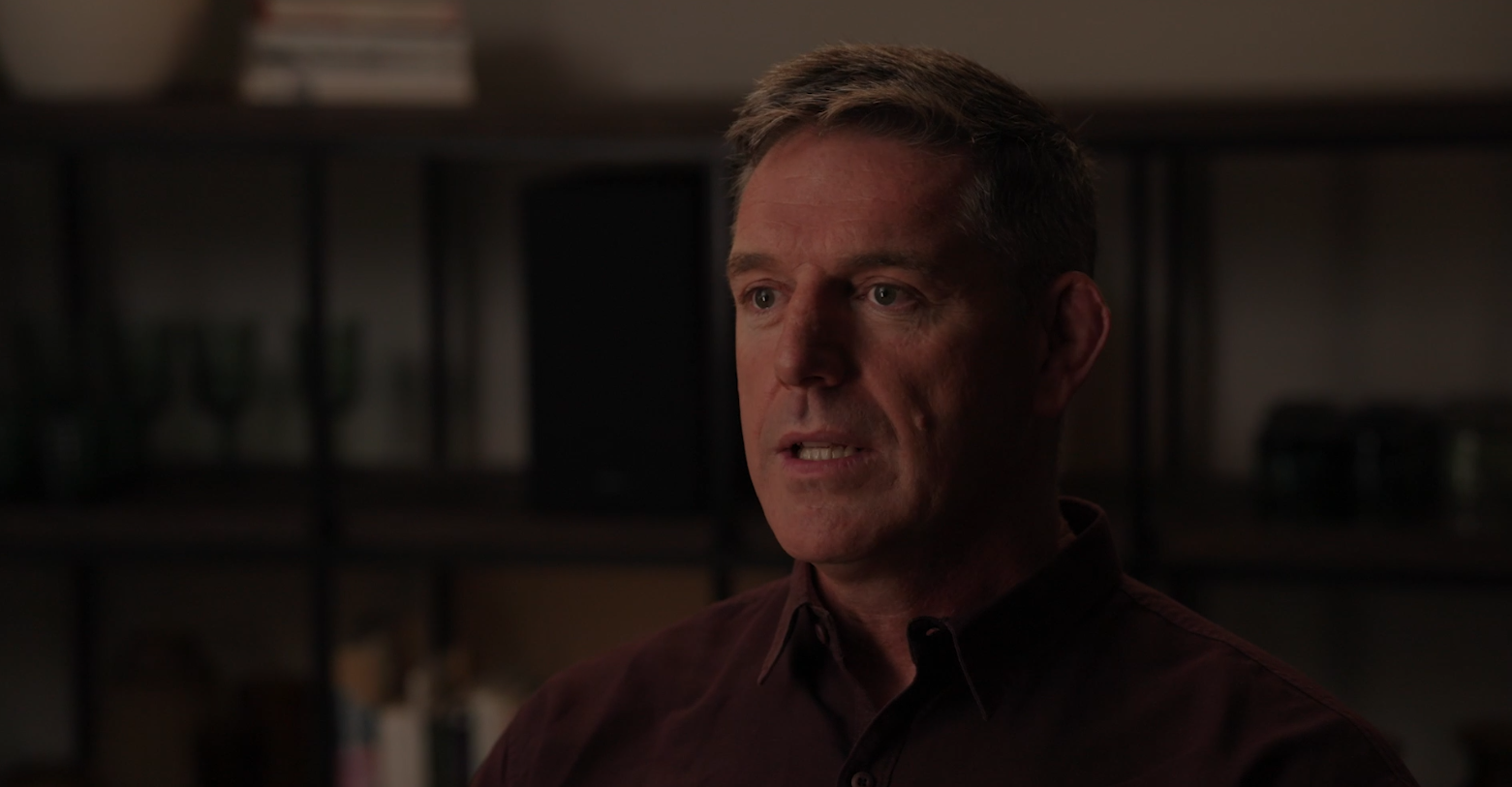
Short Documentary: Tussen hemel en aarde
Nothing is ever the same again after a parent loses a child. In producer Danielle Retief and director Ursula Ludick’s documentary film Tussen hemel en aarde (Between Heaven and Earth), former Springbok rugby player Jannie du Plessis and his wife Ronel open their hearts about the death of their ten-month-old son, Jan Nathaniël, who tragically drowned in 2021.
The judges of the Silwerskermfees’ Silwermark division greenlit the project immediately after the in-person pitching session at last year’s festival. Danielle and Ursula answer questions about how this couple’s tragic loss could offer comfort and insight to other grieving parents. and anyone who has lost a loved one, on the process of mourning.
What made you decide to tell this specific story about the death of Ronel and Jannie’s son?
Ursula: I submit concepts to Silwerskermfees and Silwermark every year, and this story truly came to me in a dream, which I believe was from God. I dreamt that the story was being screened at the festival. I already knew Ronel, so it was easy to approach her.
I think anyone who has ever had to work through grief will relate to this. The doccie looks at death and how different people grieve in different ways.
Danielle: When I met Jannie and Ronel for the first time, I knew their story would have an impact. I believe parents will connect with the content, though it is not easy to watch. But really, anyone who has ever had to confront mortality will identify with it, because the central question is: What is your place between heaven and earth?
Revisiting their son’s death on camera couldn’t have been easy for Jannie and Ronel. How did you earn their trust – and their children’s trust – and help them feel safe on camera?
Ursula: Ronel had previously shared the story at women’s events, and Jannie had briefly spoken about it with Hannes van Wyk on Kwêla. But this was different, much deeper. I could see them trying to avoid certain memories, but they still answered my questions with courage. Their vulnerability was immense. With the children we made sure they felt safe. We spent time with them beforehand and got to know them. They are three incredible souls.
Danielle: It was definitely not easy, but our intentions were honest and sincere from the beginning. We weren’t there to force anyone to open up. We were there for Jan Nathaniël’s story and the impact it may have. I believe the Du Plessis family could sense that, and that’s why they spoke to us like friends.
As filmmakers, it must have been emotionally intense to live and work so closely with such heartbreaking content. How did you manage this both professionally and personally?
Ursula: On a personal level, I’ve already walked a journey with them, but the real challenge came when I started my Silwerskermfees short film mentorship with David Enright. He asked the meaningful “why” questions and dug deeper than my own motives. Only then did I arrive at my own “why”, which is the basic human response to death: grief.
It was the archive footage of little Jan Nathaniël that hit me hardest, but on set, I felt a supernatural calm – I was strong and able to help everyone I spoke to, to feel safe.
Were there any moments on set that particularly moved you?
Ursula: For me, it was the sunset – the “golden hour” – at Jan Nathaniël’s grave on the farm. Standing in front of the grave, all my bravery disappeared, and I cried for the first time.
Danielle: The grave and the farm were profound experiences. Not only did the weather cooperate to the minute, but we truly got to know the Du Plessis family. Seeing a family that is so incredibly loving and respectful toward one another was deeply inspiring.
A documentary like this could easily feel sensationalist, but you manage to avoid that and tell a very honest, sincere story. How did you achieve this?
Ursula: It was a conscious decision from the start to avoid sensationalism. For instance, we wanted to present Jannie as a father, not as a Springbok. And the focus leaned a bit more towards Ronel. In the end, Jannie’s contribution tied everything together beautifully.
Danielle: As the producer, it was a major priority for me to treat the story with respect. We kept returning to the core questions: “Who are the people? Who are the parents? How does the grieving process work?”
Constant van Graan from Pelican State wrote the song “’n Nuwe dag” especially for the soundtrack, correct?
Danielle: Yes, when music is written specifically for a production, it conveys the right emotion. We’re also very proud of Pieter G Nel’s score, which is mostly original music.
